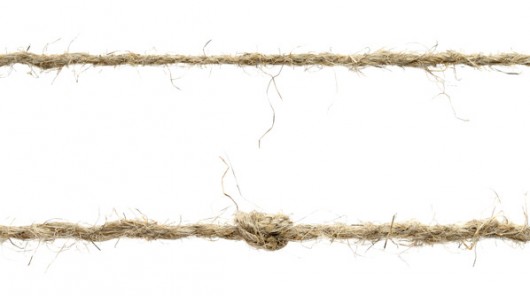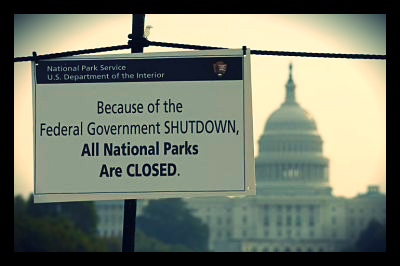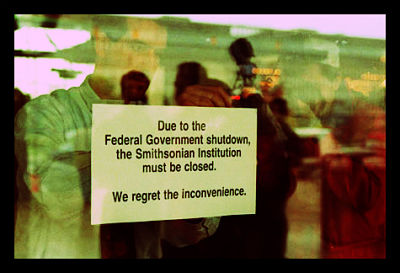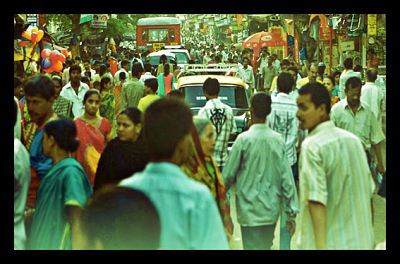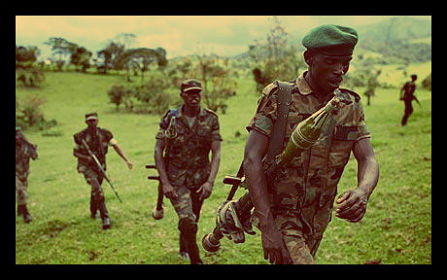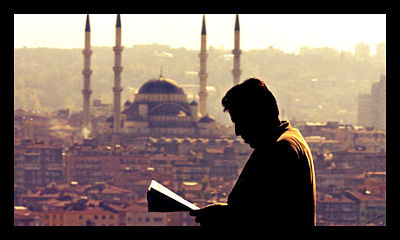
If you were to actually take the time to sit down, do the research, gather all the data and crunch the numbers, you could easily come to the conclusion that the United States of America owes an insane amount of money. The national debt is over $17 trillion USD: that’s enough money to buy every citizen of Los Angeles a brand new 2013 Lamborghini Veneno, which was voted the World’s Most Expensive Car by thesupercars.org.
So here’s where we are: the country is in a terrible debt situation (maybe even comparable to that of a law student), unemployment at a national level is at approximately 7%, and for many people, the more pressing issue is finding the means to pay their own bills let alone the nation’s.
With a population of approximately 319 million, there appears to be an easy fix to the debt solution. The country could be debt free tomorrow if every United States citizen paid just over $53,000 USD all at once. It’s so simple!
It’s highly unlikely that there are many people willing to make such a contribution for the sake of the nation’s credit score. However, for those of us who are feeling exceptionally patriotic, the government is ready, willing and able to accept our donations.
In 1843, the United States Government established an account to accepts gifts from individuals “wishing to express their patriotism to the United States.” Pursuant to United States Code Title 31 Section 3113, the account exists “[t]o provide the people of the United States with an opportunity to make gifts to the United States government to be used to reduce the public debt…” (31 U.S.C. § 3113(a)).
There’s something romantic about the notion of citizens feeling so compelled by their patriotism that they would make such a selfless contribution to the country they love. But in times like these, who’s really donating their hard-earned money to what could arguably be described as a bucket with a hole in the bottom? According to the U.S. Department of the Treasury Bureau of the Fiscal Service, gift contributions to reduce debt held by the public since 2007 total approximately over $23.5 million USD. In 2012 alone, such gifts were made at over $7.7 million USD; nearly twice as much as any other year between 1996 and today.
So, if you find yourself overwhelmed with the desire to express your patriotism through a generous donation to the United States government, you are in good company. Just remember to make your checks payable to:
Gifts to the United States
U.S. Department of the Treasury
Credit Accounting Branch
3700 East-West Highway, Room 622D
Hyattsville, MD 20782
And thank you very much for your generous donation.
Sources: US Census Bureau, Cornell University, Treasury Direct, FMS, The Supercars

